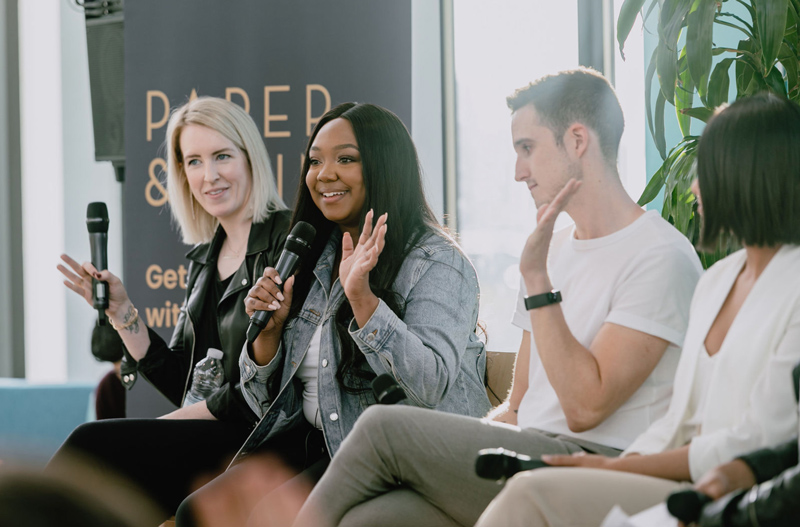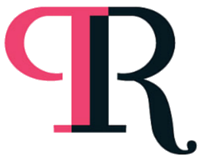
I recently attended an event featuring President Barack Obama. Toronto had been anticipating his arrival since Michelle made an appearance in 2017. Prior to the engagement, media interviews promised a thoughtful conversation about the future of work and the economy, but in the end, thousands of audience members seemed very disappointed. I observed many people – including dignitaries elbowing each other in confusion, crossing their eyes in disappointment and murmurs grew louder as we all walked away from the stage once the discussion concluded. Obama was incredible and handled himself with class. He was just as charming in person as I’d witness onscreen but one couldn’t help but notice him mask his discomfort with a gracious smile and witty candor when he was asked questions like, “If you could become any woman, who would it be?” “What’s your favorite song on your playlist?” and “Why is the world so sad?” Equally, as perplexed, the nature of the conversation didn’t address any of the community’s concerns or advocate for the needs of Canadians. And as they concluded, he referenced the moderation as a unique experience followed by chuckles from onlookers, myself included, because we all knew what he was really thinking.
Within moments of my departure, my phone blew up as my peers, fellow journalists, and other youth leaders added me to several WhatsApp groups to try and answer many puzzling questions that were left unsaid. The unfortunate thing is that this is not an isolated incident. I’ve sat in on numerous events and empowerment conferences throughout the years where the direction of the conversation was left in the moderator’s hands only to slip away as a result of poor planning, lack of research and wrong priorities.
Some of the media professionals in the room – including myself – had their heads in their hands. And so the conversation amongst the people who create meaningful conversations for a living continues as we ask ourselves, how can we course correct this problem? I want to share some suggestions we brought to the table that will assist event organizers when they select moderators moving forward and or encourage you, if you are selected to interview a panel, to bring your best effort to the stage.
This is not a popularity contest
Just because you planned the event doesn’t mean you are fit to moderate. This is where self-awareness is so important. Have an honest conversation with yourself and your team about the role you play and the objective or target you are trying to accomplish. Do you really have the skills required to carry out this responsibility or are your skills of more use behind-the-scenes? This is not the time to stroke your ego, it’s about providing an act of service to the audience who likely paid to be in the room and are eager to learn something new. Audience members can always feel when the act is disingenuous and you lose their attention (and quite frankly, their respect) the moment it is evident that you aren’t prepared to sit in that chair. A good moderator has a neutral point of view, advocates for truth and offers insight from a perspective we might not have thought of.
Research the individual you are interviewing
I hate that I have to make this point but you’d be surprised how many moderators don’t put this into practice. Whether it be to pick up a book they wrote, read articles they’ve been featured in or have a pre-interview via phone, doing what’s necessary to gain an excellent understanding of the talent’s story and background is such a critical component to producing a great conversation. It’s disrespectful to the talent and people watching when you walk onto the stage ill-prepared. It is ineffective, too. Might I suggest beginning with a Google or Youtube search, and fact-checking with the talent’s team. Both parties are pursuing one goal; to create an experience that opens people’s minds and challenges what they believe. A good conversation is one you can’t get out of your head. It inspires you to continue the dialogue with your friends offline and share it with your online communities.
Compile great open-ended questions
As a result of great research, you put yourself in a position to thoroughly examine or elicit information well. Avoid questions that can merely be responded with a yes or no. A good question has a purpose. Easier said than done, right? If you have reservations about your list of questions then have them reviewed by someone you trust. Get a second or third opinion. I also suggest watching talks on Youtube. There are so many fantastic speakers to learn from and follow online. Some of my favorite interviewers include Oprah (of course!), Lola Plaku, Kathleen Newman-Bremang, Tom Bilyeu from Impact Theory, Guy Raz from How I Built This and countless others.
What’s the call to action?
Before the room is cleared, I recommend leaving the audience with some closing thoughts. Either from the panelists or yourself. Briefly recap the conversation and end with a CTA. What important/relevant pieces of the conversation do you want the audience to take with them? How can they implement the advice they’ve received in their own lives and make an impact in the lives of others? Too many times I’ve witness the moderator ask the final question and then abruptly dismiss everyone without further instruction – much like what I witnessed after the chat with Obama. I know there usually is a time constraint, but give yourself two minutes to hold space.
I’ve been a public speaker since 2012. I’ve had some incredible highs, but I’ve made several mistakes that I’ve identified and others have pointed out to me. I have six mentors, one of which is intentionally in my life to guide my speaking career. We are all at different stages of our journey as public figures and that being said, we have a responsibility not to play around with these important assignments that can either move the needle or stagnate it.
